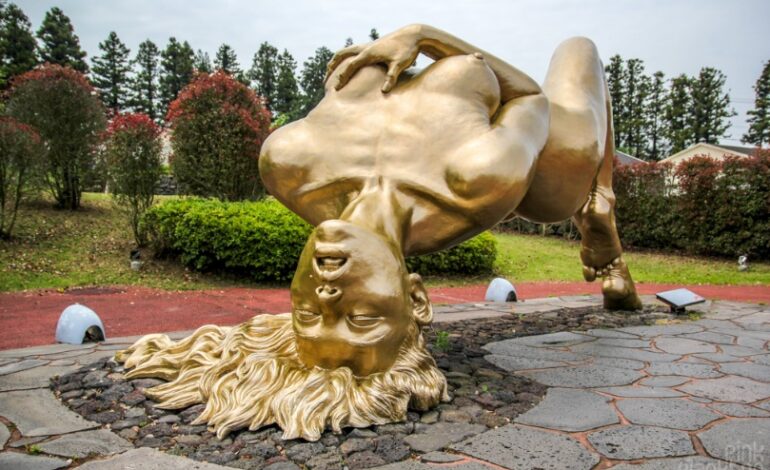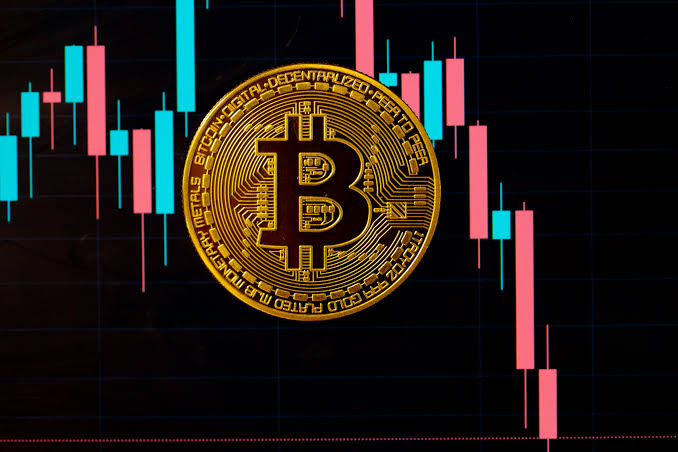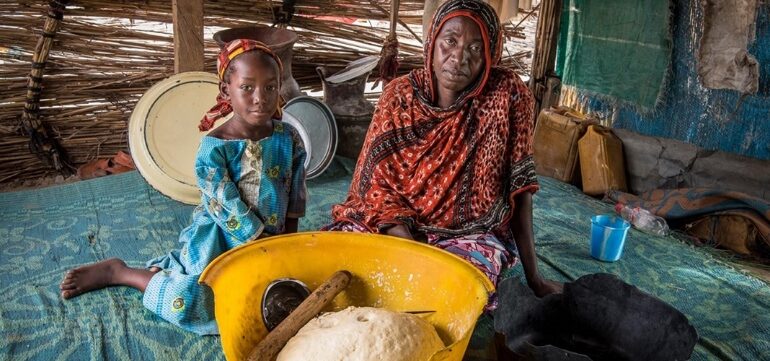
Avellon Williams
TRINIDAD AND TOBAGO- In response to the current food security crisis exacerbated by Russia’s invasion of Ukraine, the European Commission today proposed mobilizing €600 million from the reserves of the European Development Fund.
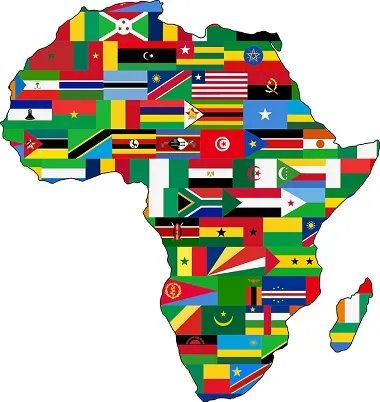
Africa, the Caribbean, and Pacific (ACP) countries will benefit from these funds through humanitarian assistance (150 million euros), sustainable production and resilience of food systems (350 million euros), and macroeconomic assistance (100 million euros).
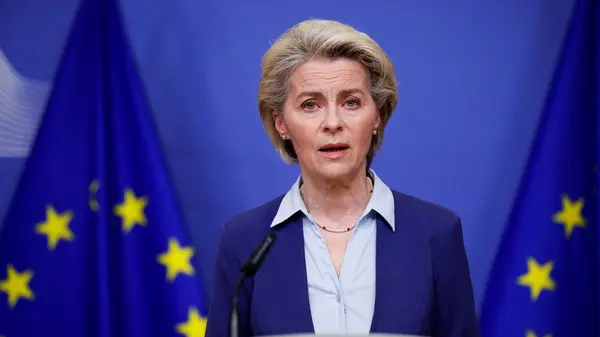
President of the European Commission, Ursula von der Leyen, announced the new support measure at the 2022 European Development Days in Brussels, saying: “Russia’s war of aggression is taking a heavy and senseless toll, not just on its population, but also those most vulnerable around the world. Russia is still blocking millions of tonnes of desperately needed grain. To help our partners we will mobilise an additional 600 million euros to avoid a food crisis and an economic shock.”

International Partnerships Commissioner Jutta Urpilainen said: “Solidarity is at the core of our European Union values. The most vulnerable are facing tremendous suffering with a worsened food crisis following Russia’s war of aggression against Ukraine. With these additional €600 million, we will strengthen our support to address the crisis, while contributing to sustainable and resilient food systems.”
SUPPORT ORIENTATIONS – Using the €600 million from the European Development Fund reserves, the Commission proposes to support the most affected African, Caribbean, and Pacific countries. These supports will address the following aspects of the crisis:
• Humanitarian assistance: €150 million for cash assistance whenever appropriate and where possible, support through existing social protection and safety net mechanisms.
• Food production and resilience of food systems: €350 million in the medium to long term to support investments in sustainable production to underpin more resilient food systems, including social sustainability (youth and women).
• Macro-economic support: €100 million for the Poverty Reduction and Growth Trust (PGRT) of the IMF, which will facilitate support to affected countries. EU support to the PRGT is part of a Team Europe approach and the additional contribution is expected to incentivise other donors to contribute as well.
The €600 million contributions will help tackle the food crisis alongside the aid already mobilised worldwide by the EU Global Food Security Response.
In addition, funds from NDICI-Global Europe will be used to support sustainable agriculture, basic nutrition, water and sanitation, and social safety protection.
The EU will invest more than €2 billion in Sub-Saharan Africa, and another €1 billion in partners in the Southern Neighborhood, complementing the EU’s €225 million Food and Resilience Facility. Under NDICI-Global Europe, an additional €960 million will be allocated between now and 2024 for Latin America, the Caribbean, and Asia.
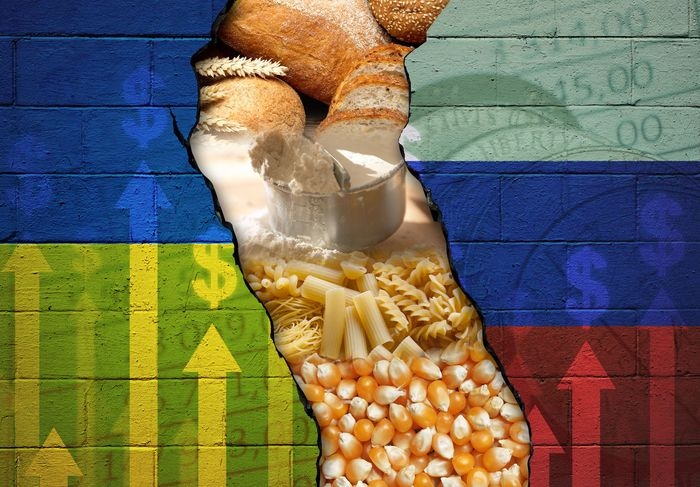
BACKGROUND- Nearly 193 million people in 53 countries and territories were acutely food insecure and in need of immediate assistance before Russia invaded Ukraine. Russia’s attack has exacerbated the crisis considerably.
A series of strategic decisions have been taken by the EU. As part of its communication on food security on 23 March, the European Commission reaffirmed its firm commitment to fight global food insecurity along with its partners.
In order to operationalise the various strands of action – including those in FARM and the G7 Global Alliance – the EU Global Food Security Response provides the necessary support to the UN Global Crisis Response Group. A Team Europe approach consists of four strands of action to be jointly implemented by the Member States:
1. Solidarity: emergency relief and affordability;
2. Sustainable production and resilience;
3. Trade: facilitating food trade;
4. Effective multilateralism.
The Commission proposes to use decommitted funds from the 10th and 11th EDF, which will return to EU member states unless otherwise agreed by the Council unanimously. These funds will benefit African, Caribbean, and Pacific countries and will be used as part of a Team Europe response if the Council confirms.


